
New Drug Candidate Blocks Resistance to Cancer Therapies
In mouse models, a first-in-class inhibitor designed to be resilient to adaptive resistance led to tumor regressions and a favorable toxicity profile. A team of researchers at the University of Michigan Health Rogel Cancer Center has designed a molecule that impairs signaling mediated by two key drivers of cancer therapy resistance. The design and preclinical ...

Diabetes and Weight Loss Drugs Could Be Enhanced, Mouse Study Shows
Drugs such as Ozempic and Mounjaro could be given a boost through a network of proteins in the central nervous system. A network of proteins found in the central nervous system could be harnessed to increase the effectiveness, and reduce the side effects, of diabetes and weight-loss drugs such as Ozempic and Mounjaro, according to research ...
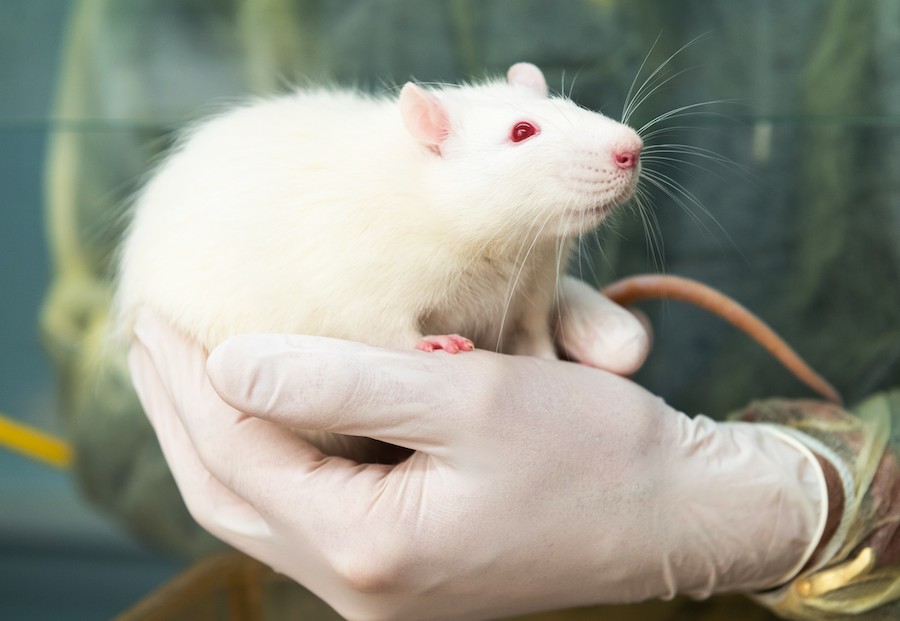
Studies Uncover the Critical Role of Sleep in the Formation of Memories
Sleep—or a lack thereof—has a dramatic effect on neurons in the hippocampus. Imagine you’re a student, it’s finals week, and you’re preparing for a big exam: do you pull an all-nighter or do you get some rest? As many a groggy-eyed person who’s stared blankly at a test knows, a lack of sleep can make ...

Normothermic Perfusion System Extends Life of Organs Waiting for Transplant
The system could increase the number of hearts considered for transplant. In the United States, about 30-40% of donor hearts aren’t considered for transplant due to inadequate function in the donor. This creates a drop in the number of donated hearts that are available to be matched with someone who needs a heart transplant. A ...
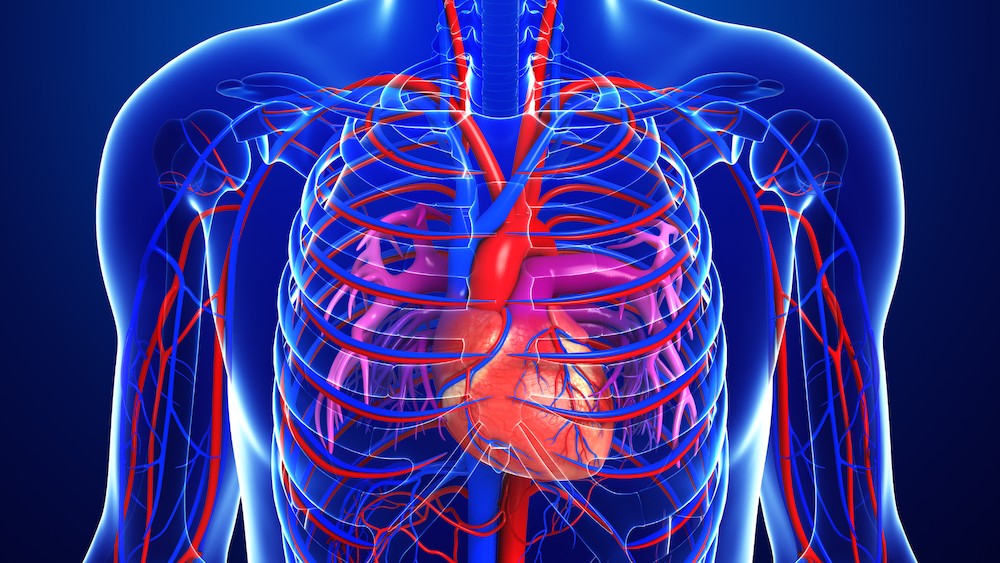
Researchers Create Human Aortic Aneurysm Model to Advance Disease Understanding, Treatment Testing
When implanted into laboratory rats, the model successfully mimicked dilation of the human aorta. Using human cells in laboratory rats, Michigan Medicine researchers have developed a functional model of thoracic aortic aneurysm, creating opportunities for more effective understanding of disease development and treatments for the potentially fatal condition, a study suggests. There are currently no ...

Stem Cells Improve Memory, Reduce Inflammation in Alzheimer’s Mouse Brains
Investigators hope to advance the research to larger animals. When people think of Alzheimer’s Disease and possible treatment, amyloid — and the accumulation of plaques that invade the cerebral cortex — is often brought up first. However, scientists are finding that Alzheimer’s is influenced by many factors, including neuroinflammation and disrupted metabolism. By transplanting human ...
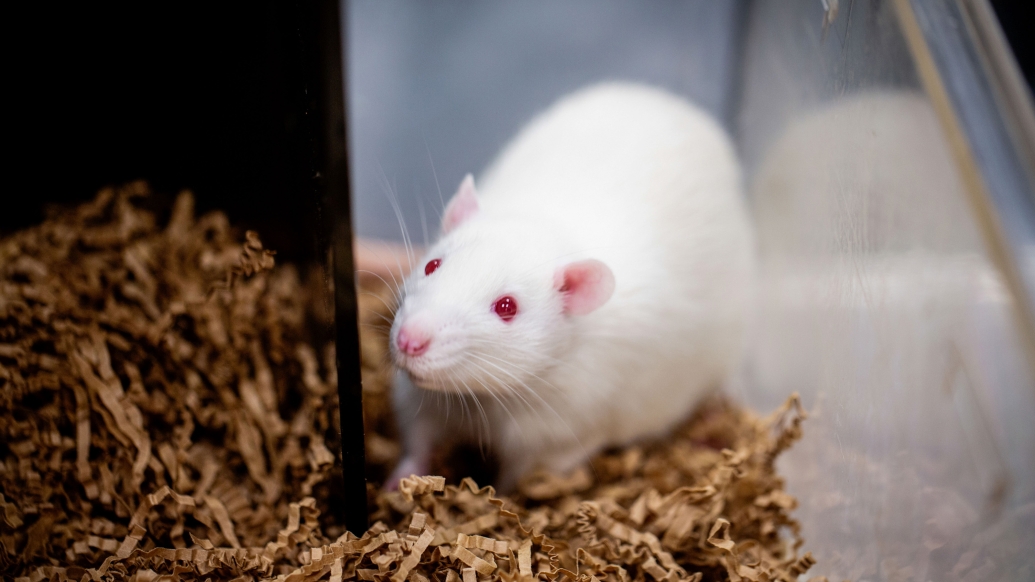
An Updated Rat Reference Provides More Accuracy for Research
The new genome could help researchers using rat models for the study of DNA, RNA, evolution, genes linked to disease risks. The lab rat is a classic icon of medical research, and for good reason: Since the early 1800s, scientists have relied on rats as a powerful model for discoveries related to human health and disease. Specifically, ...
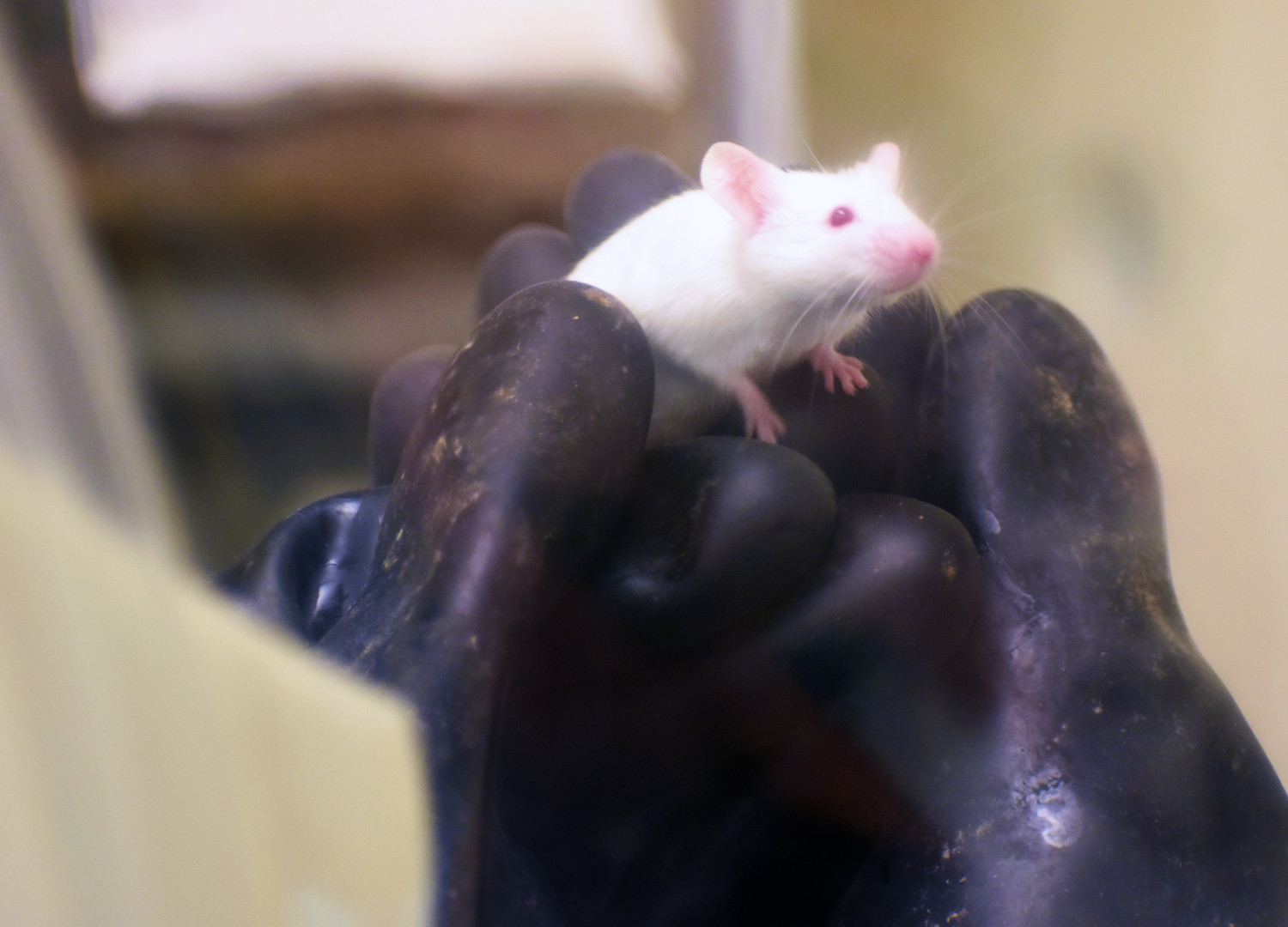
Fiber, Genes and the Gut Microbiome: Study Reveals Possible Triggers for Inflammatory Bowel Disease
Complex interplay involving diet could explain why IBD develops. Abdominal pain, diarrhea, weight loss — these and the other symptoms of inflammatory bowel disease (IBD) can be disruptive and debilitating. And while scientists have figured out that IBD has a genetic component, not everyone with a family history develops the disease. To date, the environmental ...
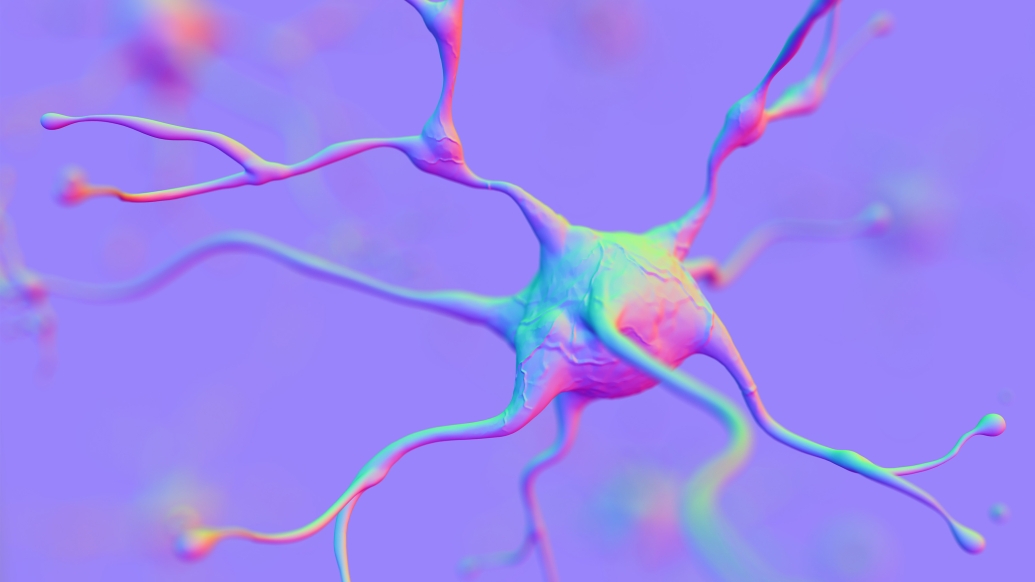
Two Genes Linked to Autism Implicated in Brain Cell Connectivity
Discovery potentially reveals mechanism behind brain changes in people with autism. Autism spectrum disorder emerges in early childhood, presenting with a broad range of signs and symptoms involving a child’s ability to communicate, learn and behave. Scientists studying autism agree that the condition likely has multiple causes, both environmental and genetic. A new U-M study links ...
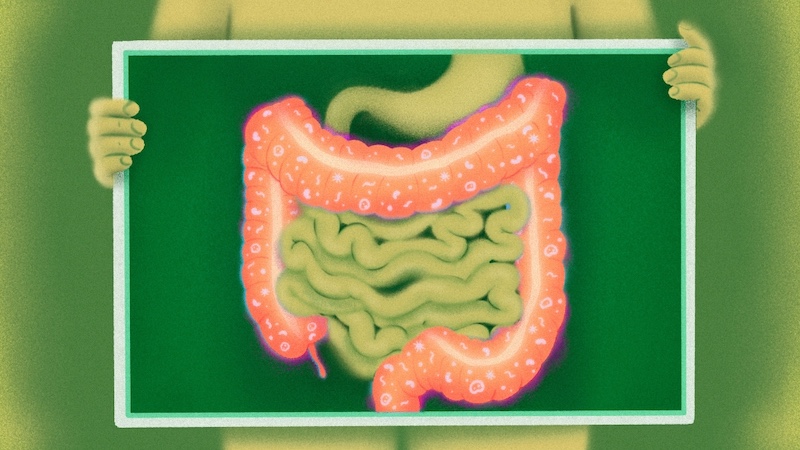
Researchers Identify Why Cancer Immunotherapy Can Cause Colitis
Studies in mice reveal the mechanism that induces this severe side effect and point to a solution that kills the cancer without causing gastrointestinal issues. Researchers at the University of Michigan Health Rogel Cancer Center have identified a mechanism that causes severe gastrointestinal problems with immune-based cancer treatment. They also found a way to deliver immunotherapy’s cancer-killing impact ...
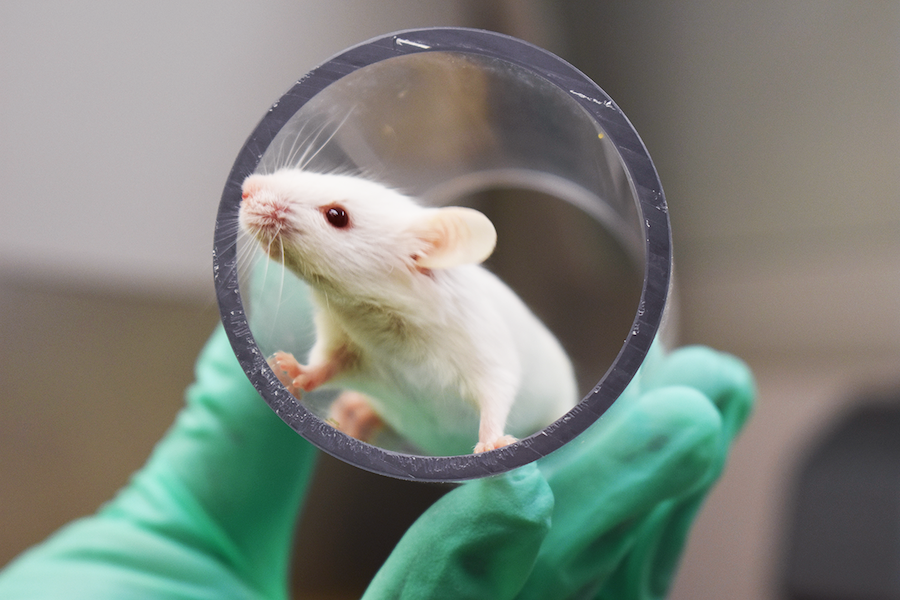
Could Ginger Help Treat Autoimmune Disease Symptoms?
After ginger root was proven to halt autoimmune disease progression in mice, researchers are now trialing the same concept in humans.
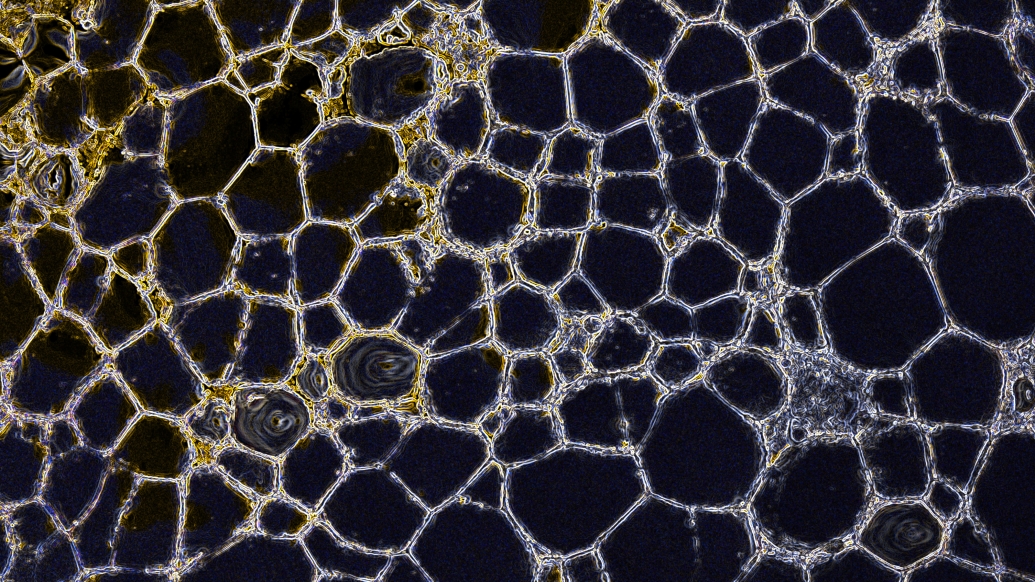
Obesity Leads to a Complex Inflammatory Response Inside Fat Tissue
New single-cell study uncovers diverse immune cells in obese mice.